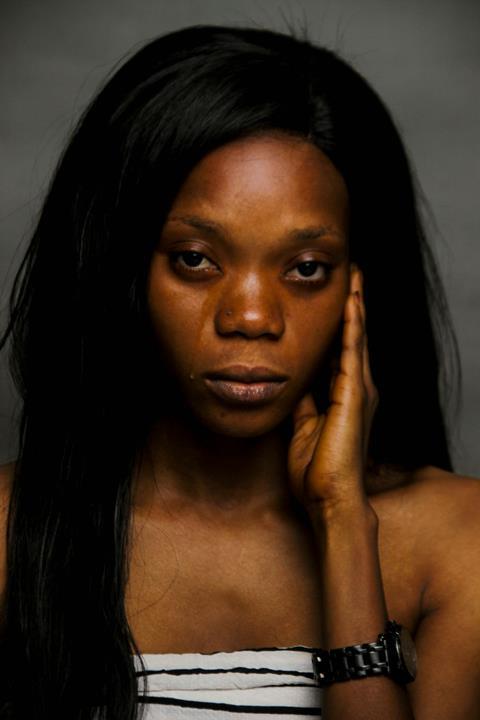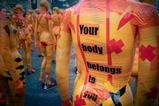Writer Sally Hope shares her journey of rediscovering faith after escaping years of domestic abuse, finding in God a hope that no human being could provide. Now, through her Always Hopeful programme and her new book No Visible Scars, she seeks to walk alongside other women on the path to healing and renewed trust in God’s love.

In the thirteen and a half years I was married I had many hopes: I hoped he’d be in a good mood, I hoped the next job, house move or hobby would make him happy, I hoped he’d get proper psychiatric help for his ‘anger issues,’ I hoped this time he really would change, I hoped God would fix him.
When I finally left him, I realised that all of those hopes were really nothing more than wishes. He made a choice to be abusive and he had no intention of changing. There was no hope for our future together and everything I had built my hopes and dreams on had been nothing more than sinking sand. I felt hopeless.
READ MORE: ‘Domestic abuse can be a difficult subject for the church, and I am trying to change that’
At the time I didn’t realise I was building my hopes on a fallible human being. I had always tried to put God at the centre of my marriage, and believed this would make it successful. I had prayed everyday for God to intervene and fix my marriage. So when I finally accepted that my husband wasn’t going to stop hurting me and my children, and called time on my marriage I also felt let down by God. It was a challenge to re-build my relationship with God and find reasons to be hopeful again.
However, no matter how much I railed against God, I was never abandoned or forsaken, God kept finding ways to show me I am loved.
However, no matter how much I railed against God, I was never abandoned or forsaken, God kept finding ways to show me I am loved. No matter how angry I was, I was never chastised, never rebuked, only loved.
READ MORE: Is the UK Government’s new ‘flee fund’ for survivors of domestic abuse a good idea?
Slowly I began to re-build my faith and I began to feel hopeful again. In Jeremiah 29:11, Jeremiah tells the Israelites that God has plans for their future, for their good, not their harm, plans that will give them a future and a hope. When I first heard this it sounded like a platitude, like the kind of thing you’d read in a fortune cookie. I found it difficult to believe. Yet as I understood the context of that verse I began to see that God doesn’t guarantee life will always be easy, but does promise to be with us in our difficulties and that in the end, eventually, all things will work out for the good of those who love God.
It was the absolute immeasurable love of God that got me through the darkest times in my life and taught me how to live a life full of hope, joy, love and peace again. If I ever start to feel hopeless now I can look back on that time to remind myself of God’s faithfulness.
Recovery from domestic abuse is hard, and it’s a path nobody should ever have to walk alone.
Recovery from domestic abuse is hard, and it’s a path nobody should ever have to walk alone. When we experience domestic abuse as Christian women it inevitably affects our faith and this can make it difficult to find hope in God once more. I want to help other survivors to find the life-affirming, healing, hope that I found, in a God who loves them deeply. So I wrote the Always Hopeful Programme an eleven week recovery programme for Christian women who have experienced domestic abuse. I now would love churches to run this programme to support Christian women in their localities.
READ MORE: There are domestic abusers in our churches
I realised though, that not every Christian survivor of abuse is going to be able to access a group programme for a whole host of reasons. So, I have now turned my Always Hopeful Programme into a book. No Visible Scars is a recovery guide that Christian women can follow at their own pace. It aims to journey with women as they figure out their own faith in the aftermath of abuse, shedding light on questions such as “Where is God in all this?” “Do I have to forgive my abuser?” “Is it okay to get divorced?” The book has lots of space for journaling, encouraging words from other survivors of abuse, and five Bible studies that look at the trickier passages in the Bible that are often weaponised against women in abusive relationships.
I hope that No Visible Scars makes its way into the hands of lots of survivors and that through it they are able to see just how much God loves and values them, and cares about their happiness.




































No comments yet